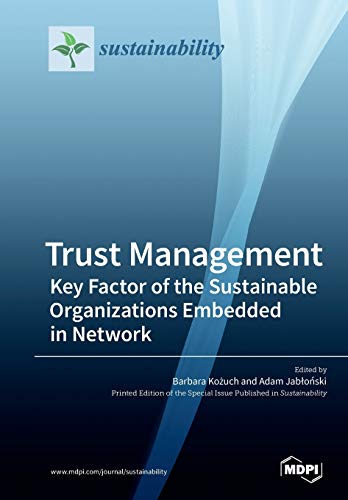

Most ebook files are in PDF format, so you can easily read them using various software such as Foxit Reader or directly on the Google Chrome browser.
Some ebook files are released by publishers in other formats such as .awz, .mobi, .epub, .fb2, etc. You may need to install specific software to read these formats on mobile/PC, such as Calibre.
Please read the tutorial at this link: https://ebookbell.com/faq
We offer FREE conversion to the popular formats you request; however, this may take some time. Therefore, right after payment, please email us, and we will try to provide the service as quickly as possible.
For some exceptional file formats or broken links (if any), please refrain from opening any disputes. Instead, email us first, and we will try to assist within a maximum of 6 hours.
EbookBell Team

5.0
38 reviewselement of relationships between entities, but, above all, it positively influences the building of an organization's intellectual capital. This capital can be defined in different ways, but its definition always references elements that determine the potential of sustainable organizations, often in human, social, relational, organizational, and innovation dimensions. Trust is increasingly becoming the key determinant of this capital (Kożuch, Lenart-Gansiniec, 2017). Trust also has a number of different definitions. However, the basis of many of these definitions is the building of relationships focused on developing some kind of individual or inter-organizational link. Organizational trust is a complicated concept, and it is the basis of all organized activities performed by people in the organization, largely because trust is needed to develop relationships with integrity and commitment. Thus, it is interesting to study the relationship between trust and the building of the intellectual capital of sustainable organizations. Indeed, intellectual capital plays a special role here. It is a guide and a platform for achieving not only a competitive advantage for the sustainable organization, but also a source of value creation in the short and long term. Thus, this strategic hybrid, composed of a business model, strategy, and business processes, is favorable to the development of intellectual capital (Jabłoński 2017). Trust is an element that ties this capital to relationships in business. Moreover, it has an integrated character (R.C. Mayer, J. H. Davis, F. D. Schoorman 1995). Assuming that, nowadays, the network paradigm is becoming increasingly important, it is worth asking how the mechanism of building trust-based intellectual capital in a sustainable organization functions as its key asset in the network environment.